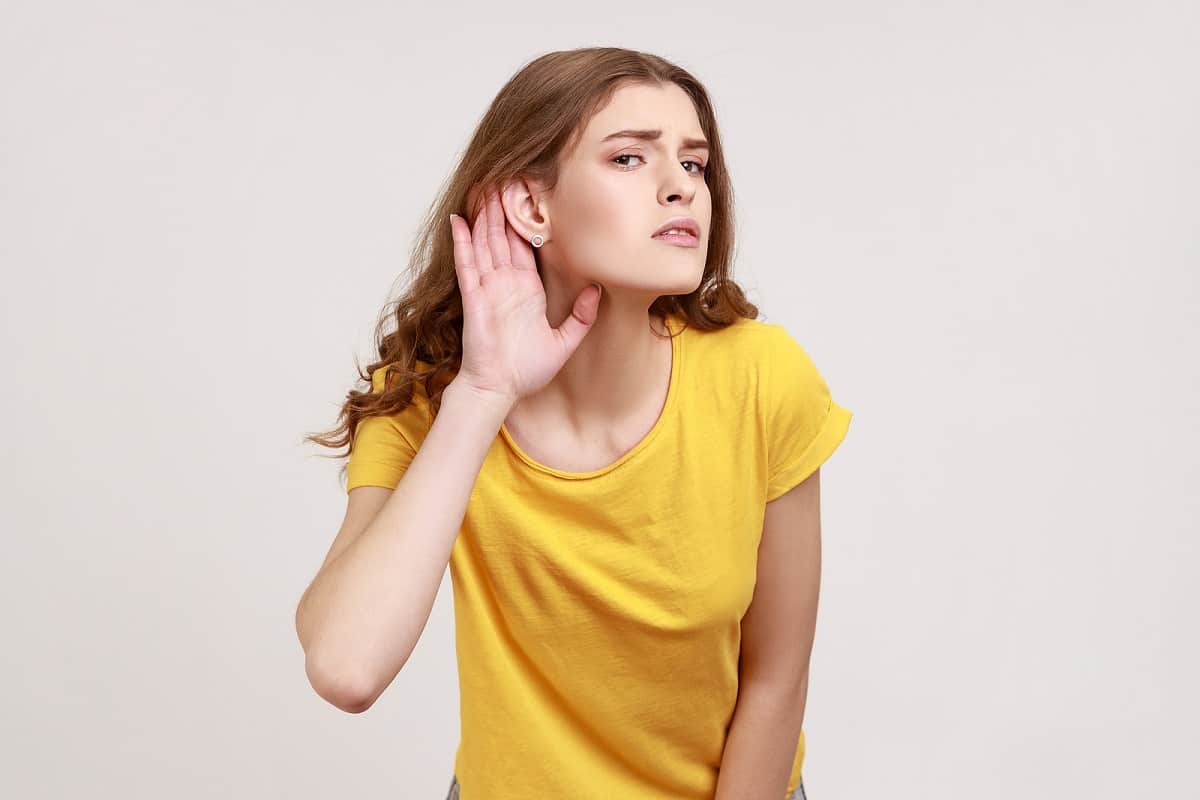
The Causes of Acquired Hearing Loss
Hearing loss can be categorized in many ways, including the cause, nature, and severity of the condition. One basic classification of the types of hearing loss is whether it is congenital or acquired. Congenital hearing loss or impairment is a lack of hearing ability at birth. Some testing can even discover this lack of hearing ability prior to birth, setting up the parents and caregivers to pursue assistive measures right away. The more common form of hearing loss is acquired. This type occurs after birth and can often be traced to a cause that occurs at a particular moment in time or over the course of many years. Let’s take a closer look at the main causes of acquired hearing loss. In addition to the two most common causes of acquired hearing loss—aging and noise exposure—there are many other causes that can occur due to illness, injury, or exposure to toxins. Avoiding these causes is important to your ongoing hearing health, so keep these causes in mind going forward. If you have noticed a change in your hearing ability, don’t delay getting a test to see if you have aqucired hearing loss.
Aging
The natural process of aging is one of the most common causes of hearing loss. Otherwise known as presbycusis, the ears undergo changes through the years, making them lose some of their functioning and hearing ability. The bodily mechanism of presbycusis is not completely understood, and many point to causes such as oxidative stress and inflammatory conditions that put strain on the tiny, hairlike organelles called stereocilia. At present there is no bodily cure for presbycusis, and treatment takes the form of hearing aids and other assistive technology.
Noise Exposure
Noise-induced hearing loss is the other most common form of hearing loss. This type of hearing loss can occur in a single instant, such as due to a loud blast, explosion, gunfire, or car accident, or over the course of years of subtler noise exposure. Those who work in loud environments often have the highest risk of noise-induced hearing loss, particularly when they are exposed to relatively loud sound for full working shifts day after day. Hearing protection and limitations on exposure to noise are the best ways to prevent noise-induced hearing loss. Recreational noise is another source of exposure, including concerts, dance clubs, sporting events, and even playing audio too loudly through earbuds and headphones.
Illness and Injury
In addition to these very common causes of acquired hearing loss, other causes are rarer. Some illnesses and health conditions can cause hearing loss, including ear infections, meningitis, measles, encephalitis, chicken pox, flu, and mumps. These illnesses are not a certain cause of hearing loss, and pursuing treatment as soon as possible is necessary to prevent the danger. Head injuries can also cause acquired hearing loss, whether the injury directly affects the ear or causes damage to the bones and blood vessels nearby the ear. Some of these forms of acquired hearing loss can be cured by treating the underlying condition.
Ototoxic Chemicals
Finally, certain toxins called ototoxic chemicals can cause acquired hearing loss. Some of these are found in pharmaceuticals that are used to treat serious conditions, including cancer and other life-threatening diseases. You can work with your doctor to understand the hearing risks associated with medications, as well as the potential benefits from these treatments. Ototoxic chemicals are also found in some industrial processes and even harsh cleaning supplies. If you work in a place that exposes you to chemicals, take the necessary steps to learn about the health risks of these chemicals, including the risk of acquired hearing loss.
As you can see, there are a variety of causes of acquired hearing loss, and only a few of them can be cured at the level of the body. However, many of these forms of acquired hearing loss can be treated through hearing assistance. If you have acquired hearing loss for any of these reasons, it is crucial to get a hearing test right away. That diagnosis will not only help you discover the cause of your loss but will also point you toward potential forms of treatment, including hearing aids.
